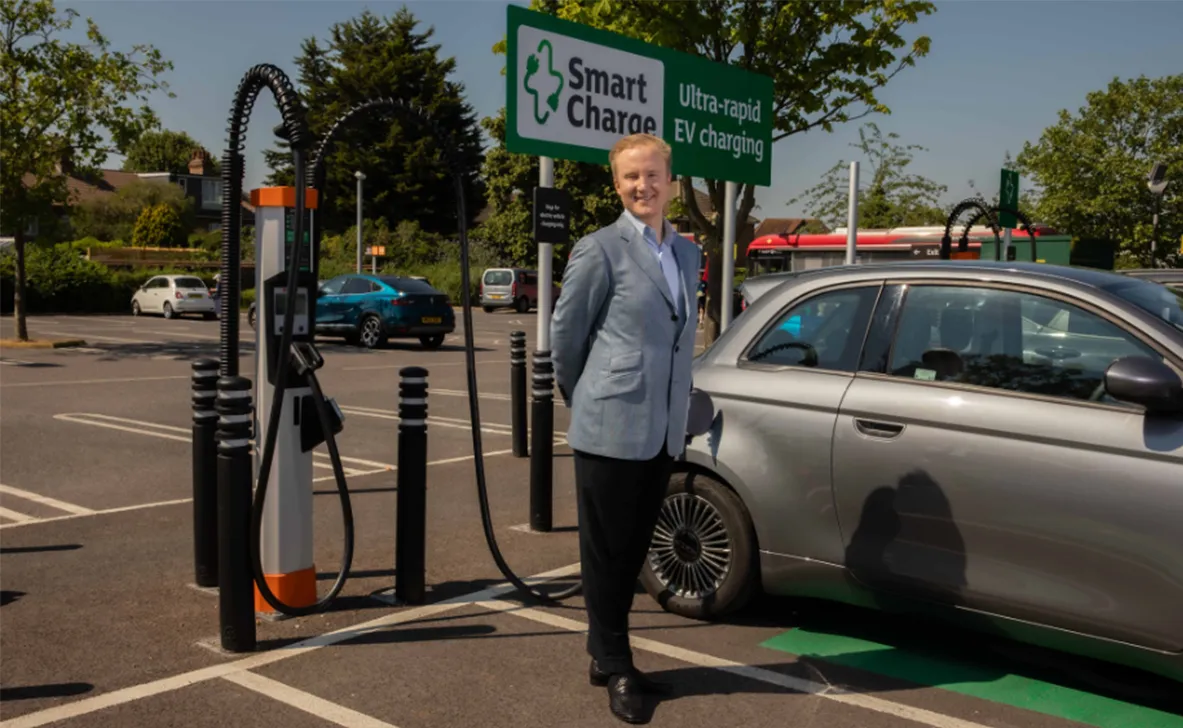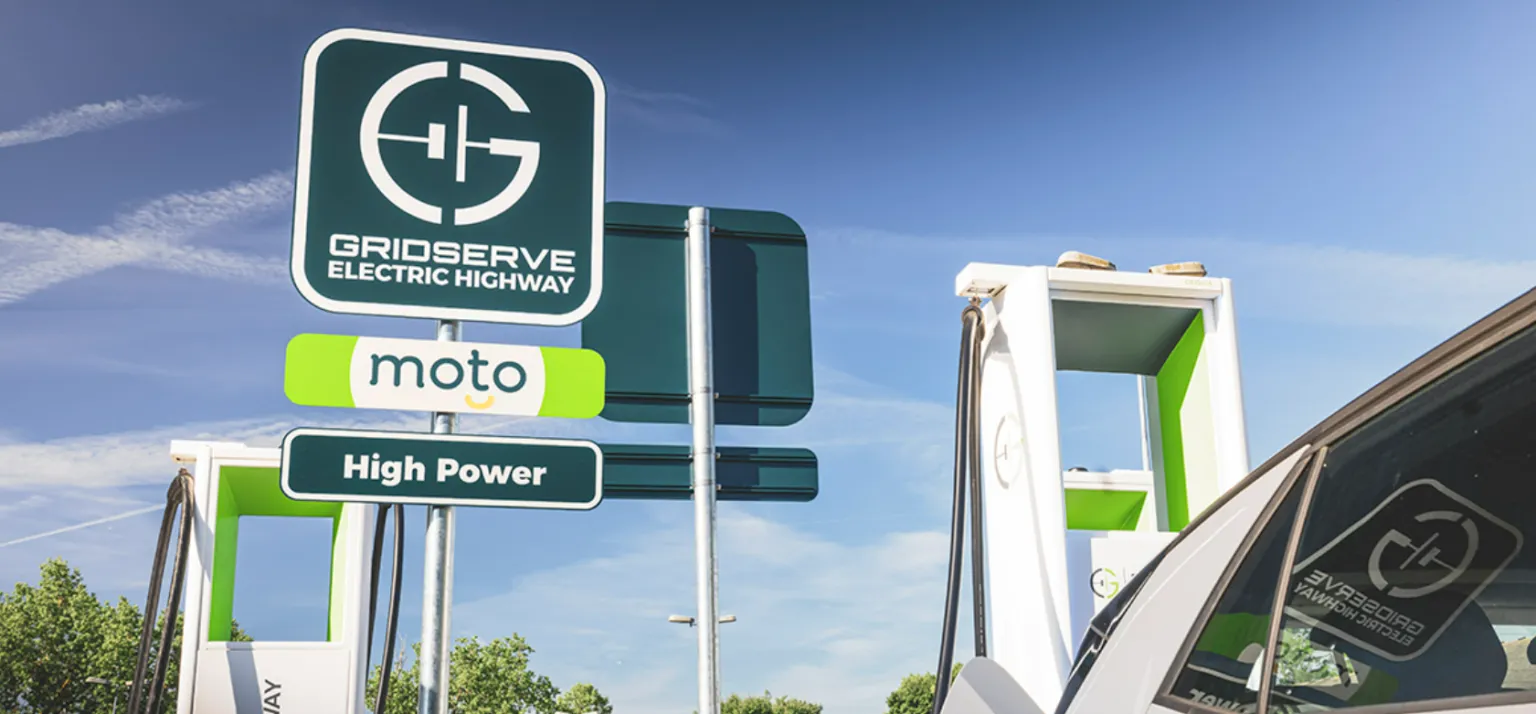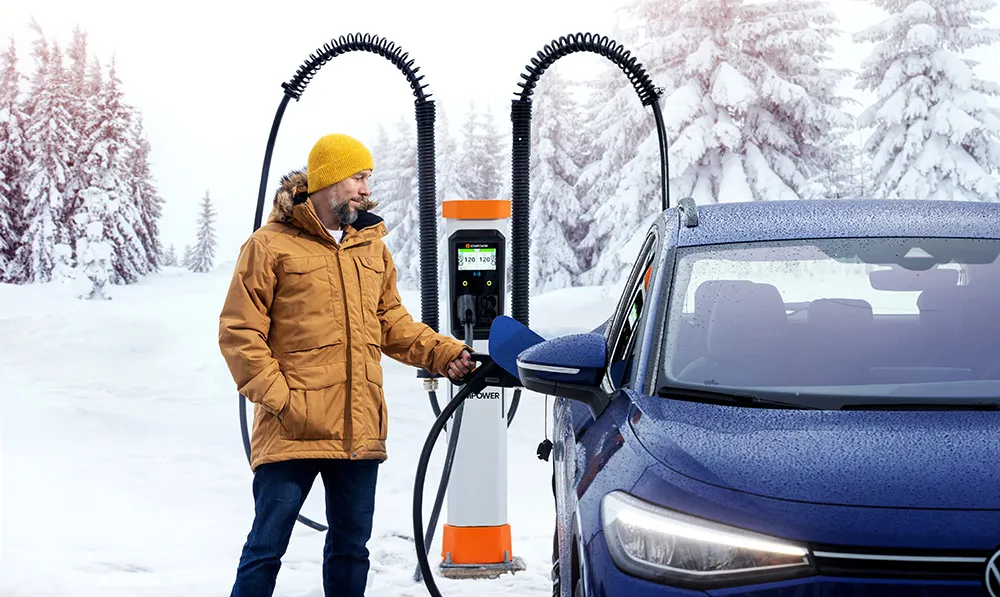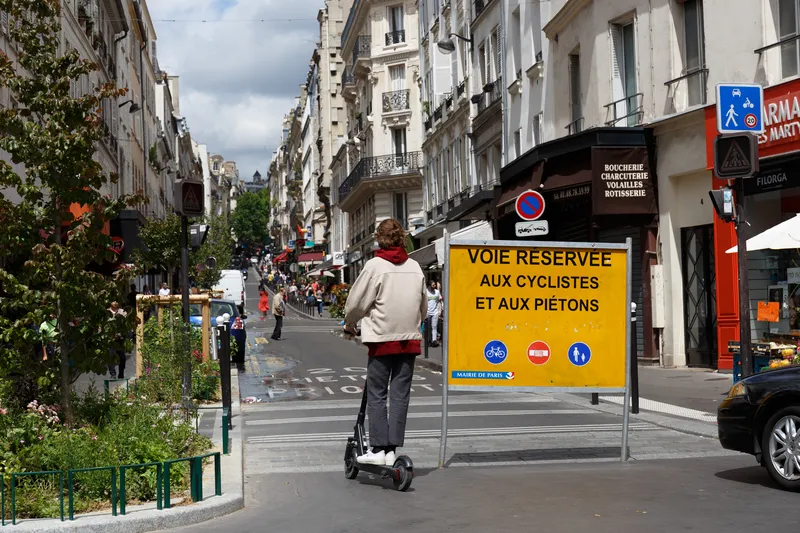
That is one of the major findings in new research from Smart Charge, the EV charging business of UK supermarket Sainsbury's. It found that almost nine in ten EV drivers (88%) experience frustration due to a lack of etiquette shown within the community, with the top bugbears including plug hogging (34%) and long wait times (31%).
The research found that ‘ghost charging’ is a new phenomenon sweeping across the EV community whereby drivers ‘pretend’ to charge their car to nab a parking space when standard spaces are not available, with over a third confessing to frequently using this tactic on multiple occasions. The issue is particularly prevalent in large cities, with Cardiff, Birmingham and Belfast being the worst offenders.
Over two thirds (70%) of EV owners agree there is a lack of etiquette within the EV community, with nearly nine in ten drivers (88%) admitting to experiencing frustration at charging stations due to other drivers not following the rules. When it comes to common bugbears amongst EV owners, plug hogging (34%), long waiting times (31%), poor parking skills (29%), and cable spaghetti - drivers taking the 'wrong side' charging cable - (26%), were rated as the top peeves.
To help combat these frustrations, etiquette coach William Hanson has partnered with Sainsbury’s Smart Charge to co-create an EV Etiquette Guide. Including relatable anecdotes and advice, the guide aims to help settle driver disputes and encourage EV drivers to think twice about their charging station manners.
Sainsbury’s, which has over 400 ultra-rapid Smart Charge bays in supermarket car parks across the country, has found that nearly two in five EV drivers (38%) don’t feel as confident charging their EV compared to filling up a car with fuel at a petrol station, with 15% of them admitting that it feels like the “wild west” as they try to navigate the unknown protocols that should be followed in public.
Hanson commented: “It’s been an absolute honour helping to educate the British public on appropriate social etiquette when it comes to navigating the EV world as no one likes an awkward encounter or a charge hog. By working with Sainsbury’s Smart Charge to create an EV Etiquette Guide, we’re hoping to reduce the frustrations felt by the electric vehicle community, so people can have a more enjoyable, stress-free experience.”
Trish Devlin, customer director at Sainsbury’s Smart Charge, said: “We know that the rules around EV charging can be a minefield, but Smart Charge aims to make everyday life easier for drivers. We’re always listening to our customers and want to help solve common problems, creating a better experience for all."
Littering (20%), not following instructions (22%), and engaging in small talk (18%) also topped EV drivers pet peeve list. When asked how they use their time while waiting for their EV to charge, nearly half admitted that they use this wait time as an opportunity to have some time for themselves (47%), do their weekly supermarket shop (29%), have a break from their partner (13%) and children (12%) or even using it as an opportunity to catch up on work or emails (32%).
Top 10 bugbears at EV charging stations:
Lack of charging availability (35%) – experiencing long queues due to not enough charging spots available
Plug hogging (34%) - drivers leaving their EV charging for much longer than needed
Long wait times for your car to charge (31%) – having to wait up to several hours for a full charge
Parking perils/poor parking (29%) - other drivers not parking properly or in the appropriate spot
Cable spaghetti (26%) - drivers taking the 'wrong side' charging cable, causing cable crossover
Ghost charging (24%) - drivers pretending to charge just to nab a parking space
Not following instructions (22%) – when others don’t follow the clear instructions and processes sign posted by EV charging brands
Littering (20%) – drivers not cleaning up after themselves before departing their bay
Engaging in small talk (18%) - having to partake in a conversation with the driver next to you when you’re not in the mood
Current corrupting (17%) - drivers trying to stop someone else's charge
EV drivers using Sainsbury’s Smart Charge ultra-rapid service, can also collect Nectar points when charging - making Smart Charge the first electric charging service to offer customers loyalty benefits.
Smart Charge is the only fully owned and end-to-end managed EV charging business from a UK supermarket. The service is customer focused, to help make the charging experience better for all. It is intended to help advance the uptake of electric vehicles in the country, making access to charging on the go more accessible and supporting the UK’s transition to a low-carbon economy.









